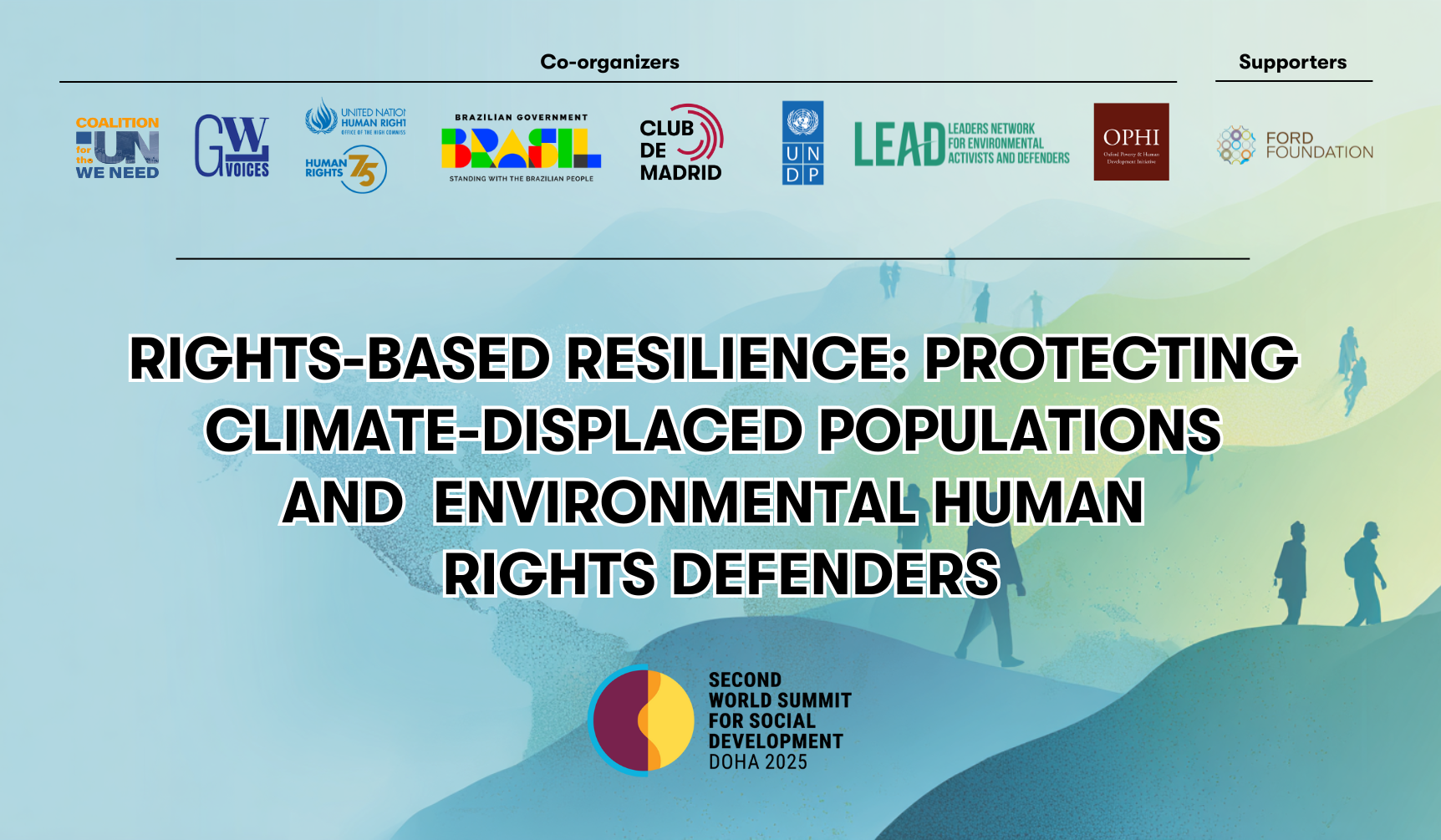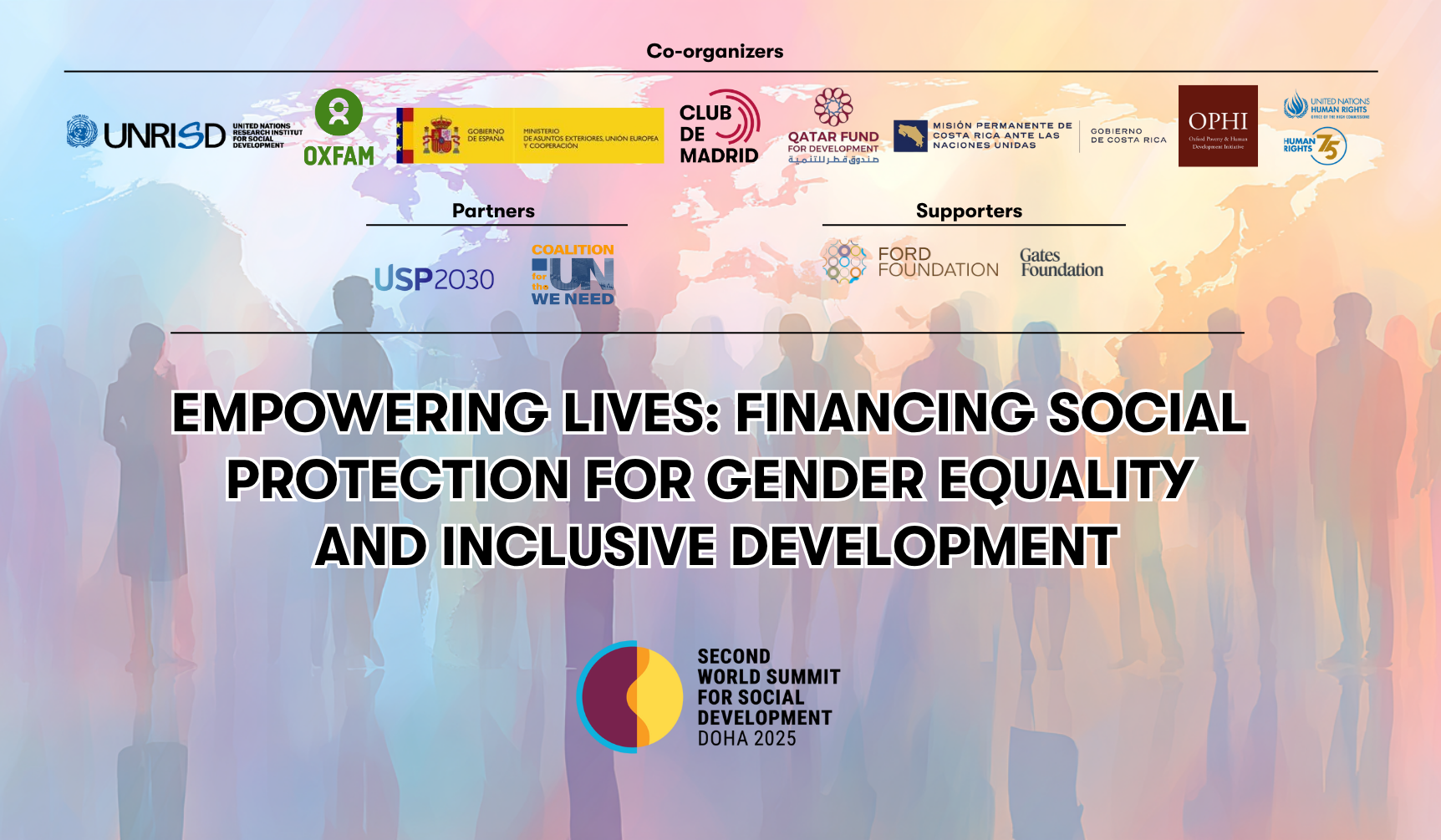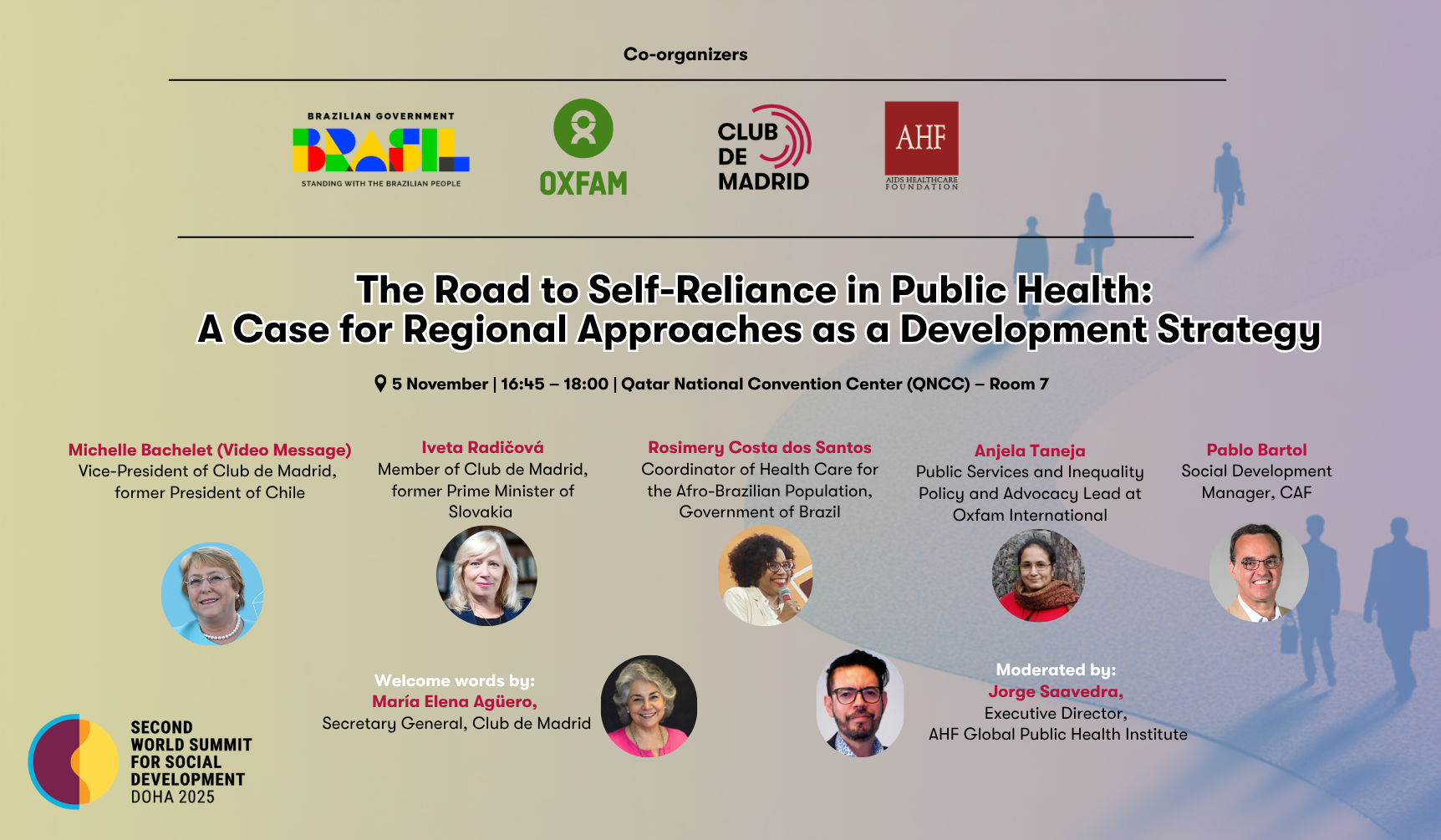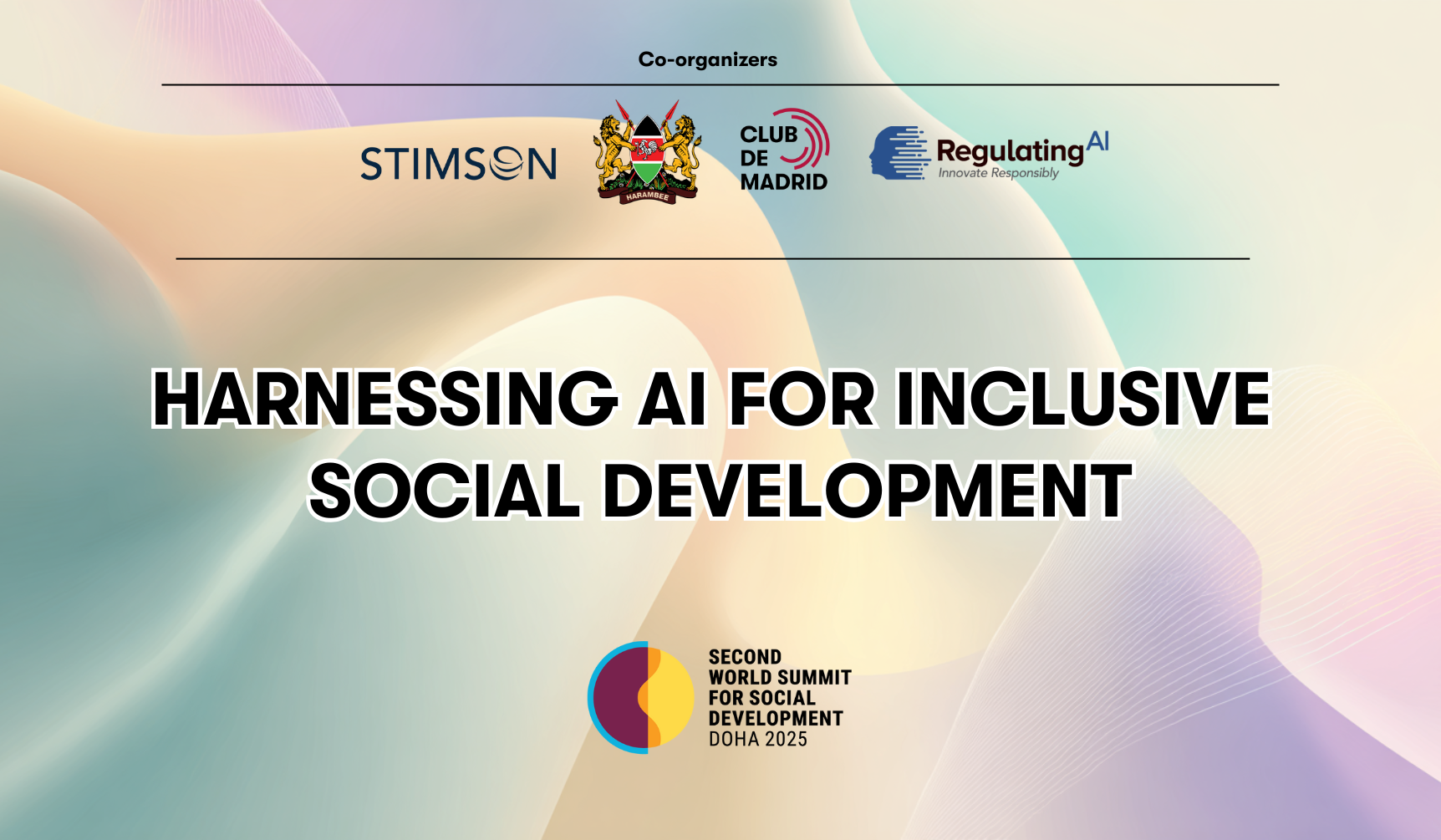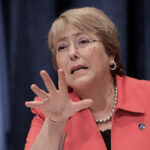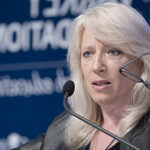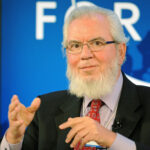The Second World Summit for Social Development will take place from 4–6 November 2025 in Doha, Qatar, convened by the United Nations General Assembly at the level of Heads of State and Government. Building on the legacy of the 1995 Copenhagen Declaration, the Summit will renew global commitments to social justice, inclusion, and the implementation of the 2030 Agenda for Sustainable Development.
In a world marked by growing inequalities, demographic shifts, and accelerating technological and environmental change, this summit offers a crucial platform for governments, international organizations, civil society, and the private sector to advance a shared vision of social progress — ensuring that no one is left behind.
As part of this global dialogue, Club de Madrid will contribute to several high-level sessions, bringing the voices and experience of its democratic former Heads of State and Government to the table. Our participation will highlight the importance of rights-based, inclusive, and forward-looking approaches to social development.
📅 Club de Madrid Participation at the Summit
4 November | 13:15 – 14:30 | Qatar National Convention Center (QNCC) – Room 10
Rights-Based Resilience: Protecting Climate-Displaced Populations and Environmental Human Rights Defenders
Climate disruption is reversing decades of social progress, driving poverty, displacement, and environmental degradation. Rising seas, droughts, and resource scarcity are uprooting millions, while environmental defenders face violence and exclusion from decision-making. Yet frontline communities remain vital agents of resilience whose leadership is essential to just and sustainable climate solutions.
In this context, discussions will focus on legal recognition, land tenure, access to justice, and inclusive governance, while linking climate action to poverty eradication through adaptive social protection systems and frameworks such as the Escazú Agreement.
Expected outcomes include stronger protection mechanisms for environmental human rights defenders and greater political visibility for frontline communities, contributing to the implementation of the 2030 Agenda, the WSSD2 Political Declaration, the UN Pact for the Future, and FfD4 outcomes.
Co-organised by: the Government of Brazil, the United Nations Development Programme (UNDP), the Office of the United Nations High Commissioner for Human Rights (OHCHR), the UN Committee for Development Policy (CDP), GWL Voices, the Oxford Poverty and Human Development Initiative (OPHI), the Coalition for the UN We Need (C4UN), the LEAD Initiative (Leaders Network for Environmental Activists and Defenders), and Club de Madrid, with the support of the Ford Foundation.
Register here: https://docs.google.com/forms/d/e/1FAIpQLScoOmczGoSiQZryvv_BFsu_MOKHa5OLSQrWDX70CWjHbTXPRQ/viewform
5 November | 10:00 – 11:15 | Qatar National Convention Center (QNCC) – Room 104
Empowering Lives: Financing Social Protection for Gender Equality and Inclusive Development
The Second World Summit for Social Development (WSSD2) comes at a pivotal moment to renew global commitments to eradicate poverty, reduce inequalities, and build resilient, inclusive societies. Central to this vision is the challenge of financing universal, rights-based, and gender-transformative social protection systems that leave no one behind.
Social protection is both a social and economic imperative; a proven accelerator of the SDGs that reduces poverty, enhances resilience against crises, strengthens social cohesion, and advances gender equality. Yet nearly half of the world’s population remains without coverage, with women and girls disproportionately excluded due to systemic inequalities in access to formal employment, contributory schemes, and care infrastructure.
This high-level roundtable will foster inclusive cross-sectoral dialogue. Discussions will spotlight structural barriers and inclusive policy innovations, and explore opportunities to align financing for social protection with principles of equity and sustainability.
The dialogue will aim to generate action-oriented recommendations to advance inclusive, non-contributory, and care-sensitive social protection systems, and to support the implementation of WSSD2 and FfD4 commitments through concrete, people-centered investments that accelerate progress toward the 2030 Agenda.
Co-organised by: Qatar Fund for Development (QFFD), Ministry of Foreign Affairs, European Union and Cooperation (MAEUEC), Permanent Mission of Costa Rica to the UN, the United Nations Research Institute for Social Development (UNRISD), the Office of the United Nations High Commissioner for Human Rights (OHCHR), the United Nations Children’s Fund (UNICEF), Oxfam, the Oxford Poverty and Human Development Initiative (OPHI), and Club de Madrid.
Participants included Michelle Bachelet, Vice-President of Club de Madrid and President of Chile (2006–2010, 2014–2018); Iveta Radičová, Member of Club de Madrid and Prime Minister of the Slovak Republic (2010–2012); Mariëlle Paul, Minister of Social Affairs and Employment of the Government of the Netherlands; Fahad Hamad Al-Sulaiti, Director General of the Qatar Fund for Development; Magdalena Sepúlveda, Executive Director of the United Nations Research Institute for Social Development (UNRISD); Pradeep Wagle, Chief of the Economic, Social and Cultural Rights (ESCR) Section at the Office of the United Nations High Commissioner for Human Rights (OHCHR); Paola Albrito, Director of the United Nations Office for Disaster Risk Reduction (UNDRR); Amitabh Behar, Executive Director of Oxfam International; and Sabina Alkire, Director of the Oxford Poverty and Human Development Initiative (OPHI), among many others to be confirmed.
Register here: https://forms.gle/jvGCiejA9F3rELhJ9
5 November | 16:45 – 18:00 | Qatar National Convention Center (QNCC) – Room 7
The Road to Self-Reliance in Public Health: A Case for Regional Approaches as a Development Strategy
Showcasing regional cooperation as a driver of resilient and equitable public health systems — building on recent dialogues led by Club de Madrid during the 2025 World Bank and IMF Annual Meetings.
Register here: https://forms.gle/RjUzgfX5jh1Cwi9E7
6 November | 10:00 – 11:15 | Qatar National Convention Center (QNCC) – Room 104
Harnessing AI for Inclusive Social Development
This solutions session explores how artificial intelligence (AI) can advance inclusive social development when paired with responsible governance. With less than 20% of SDG targets on track, it focuses on practical ways AI can strengthen social protection, expand financial inclusion, and improve service delivery in health, education, agriculture, and urban planning—while safeguarding fundamental rights.
Through short “beacon” cases from around the world, the session will spotlight effective practices, common pitfalls, and the institutional prerequisites, from data governance to digital public infrastructure and capacity, that enable fair, transparent, and inclusive AI at scale.
Expected outcomes are a clearer understanding of AI’s role in social policy; best practices and lessons from diverse regions; recommendations for ethical, inclusive AI governance; strengthened cooperation for AI for social good.
Co-organised by: Government of Kenya, Stimson Center, Regulating AI, and Club de Madrid
Register here: https://forms.gle/HN77wxC5qu3YwKjy9
Through these sessions, Club de Madrid reaffirms its commitment to democratic leadership, inclusive governance, and social justice — key pillars for achieving sustainable and equitable development worldwide.
